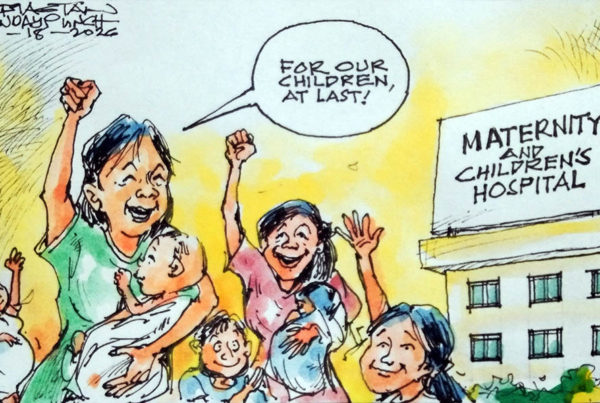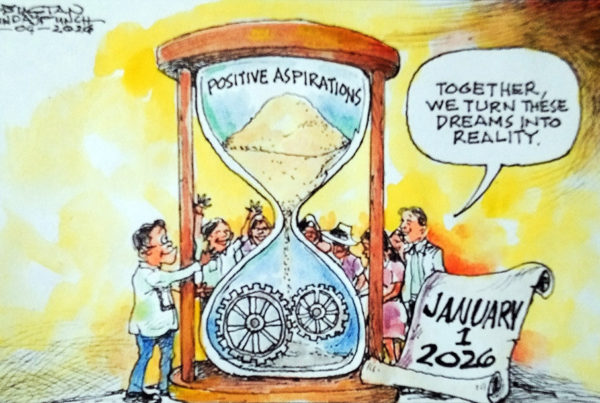Editorial
Not about a diploma
WEATHER remains hot but the summer break is over and schools are once again open.
The heated debate over the new K to 12 program launched the previous school year by the government has simmered down and hopefully with the new academic year, focus is now being directed at improving the implementation of the program and assessing its strengths and weaknesses based on ground knowledge. The K to 12, which extended the number of years for basic education, aims to have graduates who are better equipped in terms of possessing at least a minimum level of proficiency for immediate employment in certain industries or pursuing either specific technical skills or higher education.
For all its limitations and flaws, the K to 12 program puts in perspective the purpose of education. The Philippine education system, the education policies and the cultural predisposition has since time immemorial been about earning a diploma as the primary purpose – a faulty principle which has become more and more evident in recent history with the growing number of unemployed, underemployed and failing entrepreneurs. A diploma, whether it translates to an appropriate livelihood or not, has been a source of pride and joy for families. Certain courses, like nursing, have also become almost like a fad – never mind that the demand for nurses abroad has gone downhill. The reality is, both government and industry reports indicate data on the mismatch between available and needed jobs and the skills of the employable population.
The academe must stress the importance of developing skills and specialized interests that address the demand for jobs that could give sustainable livelihood for the future. The global concern on food security, for example, places agriculture as a top-ranked industry, now and in the future. Education is not about earning a piece of certificate that hangs meaninglessly on the wall; it is about learning and acquiring skills that will help one earn a better quality of life.
* * * * * *
Abad is a bad example
AS Budget secretary, Florencio “Butch” Abad is pretty much the most powerful person in the P-Noy administration. Thus, the saying, “He who holds the purse rules”, is a truism that perfectly fits Abad. You are close to him – allegedly suspected P10-billion scam queen Janet Napoles is – and you are perceived to be a favored one in terms of money allocation. Wasn’t Abad accused of having allegedly tutored Napoles on how to form bogus foundations as conduits to his department for dubious releases of pork barrel funds? In fairness to Abad, there was no evidence to establish probable cause for dereliction of duty. None yet?
But hardly had the issue died down when another bomb was exploded on Abad’s face in the form of Abad’s nine or so relatives holding key positions in the P-Noy regime. Among them is his daughter who heads the powerful Presidential Management Staff. Abad’s wife is the incumbent representative in Batanes. Senate President Franklin Drilon defended Abad by saying Abad’s relatives are qualified for the job. Sorry, but you don’t get it, your honor. It is delicadeza, your honor.
Or, is nepotism also dead in this country?









